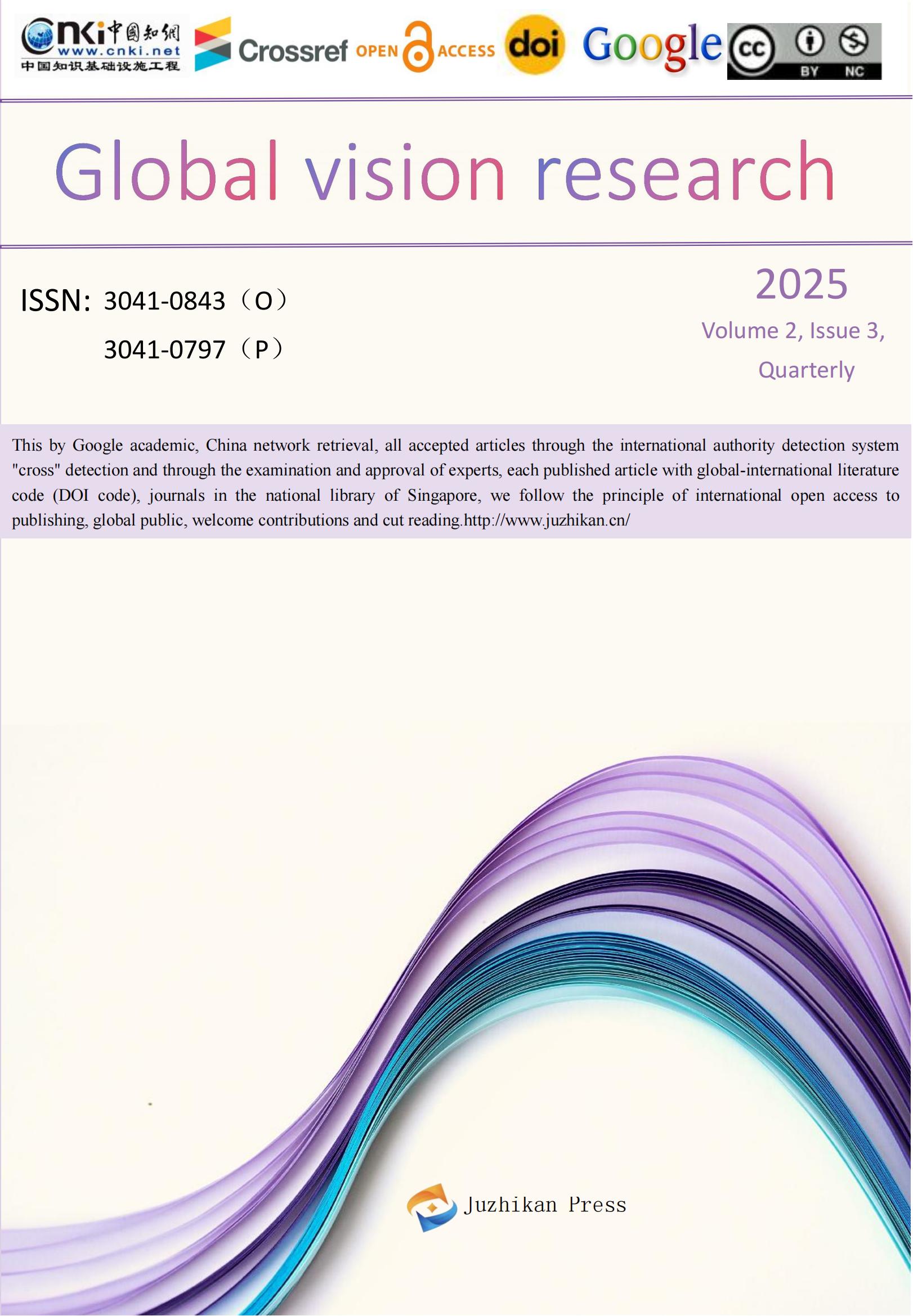
 info@juzhikan.asia
info@juzhikan.asia
 info@juzhikan.asia
info@juzhikan.asia
Challenging the Liberal Consensus: The Structural Conditions for Far-Right Success in Europe
Danqiong Huang
University of Shanghai for Science and Technology,Shanghai,200093;
Abstract: The political landscape of Europe is undergoing a profound and turbulent transformation, marked by the unprecedented rise of far-right movements and populist parties. This surge is not an isolated political phenomenon but rather the culmination of deep-seated structural shifts within European societies. This essay argues that the ascendancy of the far right is a direct consequence of three interconnected crises: the socio-economic dislocation wrought by neoliberal globalization, the potent cultural and political anxieties surrounding immigration and identity, and a profound crisis of legitimacy afflicting the traditional political elite. Firstly, it will examine how economic globalization has exacerbated wealth inequality, eroded the welfare state, and created a dispossessed "loser" class, fostering widespread resentment. Secondly, it will analyze the role of immigration as a catalytic issue, where real socio-economic pressures are weaponized by nationalist rhetoric to threaten concepts of national identity and social cohesion. Finally, it will explore the growing chasm between the elite and the electorate, wherein established parties are perceived as prioritizing abstract universalism and economic interests over the tangible well-being of their own citizens. Together, these factors have created a perfect storm, dismantling traditional political allegiances and providing a fertile ground for far-right ideologies to flourish and reshape the European project.
Keyword:European politics;Far right;Populism
Reference
[1] Thomas Piketty, Capital In The 21st Century. Cambridge: Harvard University Press, 2014, p.68
[2] Anthony Giddens, Runaway World: How Globalization Is Reshaping Our Lives. Routledge, 1999.
[3] World migration report (2024) https://worldmigrationreport.iom.int/msite/wmr-2024-interactive/
[4] Castles, S., & Miller, M. J. (2009). The Age of Migration: International Population Movements in the Modern World. Palgrave Macmillan.
[5] Roger Eatwell, Matthew Goodwin, National Populism: The Revolt Against Liberal Democracy, Penguin UK, 2018
[6] Inglehart, R., & Norris, P. (2016). Trump, Brexit, and the Rise of Populism: Economic Have-Nots and Cultural Backlash (Working Paper No. RWP16-026). Harvard University, Harvard Kennedy School
[7]Amandine Cailhol, Banlieues: la colère, etaprès? (4/4)Amiens Nord:«Lesjeunesenont marrede zoner», 2019-11-01, https://www.liberation.fr/france/2016/11/01/amiens-nord-les-jeunes-en-ont-marre-de-zoner_1525577/
[8] Jason Matthew Smith, Does Crime Pay? Issue Ownership, Political Opportunity, and the Populist Right in Western Europe, Comparative Political Studies, 2010, 43(11), pp.1471-1498
[9] Cynthia Kroet, Viktor Orban: Migrants are ‘A Poison’, Politico, July 27, 2016, https://www.politico.eu/article/viktor-orban-migrants-are-a-poison-hungarian-prime-minister-europe-refugee-crisis/
[10] Herbert Kitschelt, The Formation of Party Systems in East Central Europe, Politics and Society,1992, 20(1), pp.7-50
[11] Iza Ding and Marek Hlavac, "Right" Choice: Restorative Nationalism and Right Wing Populism in Central and Eastern Europe, Chinese Political Science Review, 2017, 2(3), pp.427 -444
[12] Will France’s riots benefit from far-right Le Pen? https://www.france24.com/en/live-news/20230708-will-france-s-riots-benefit-far-right-le-pen